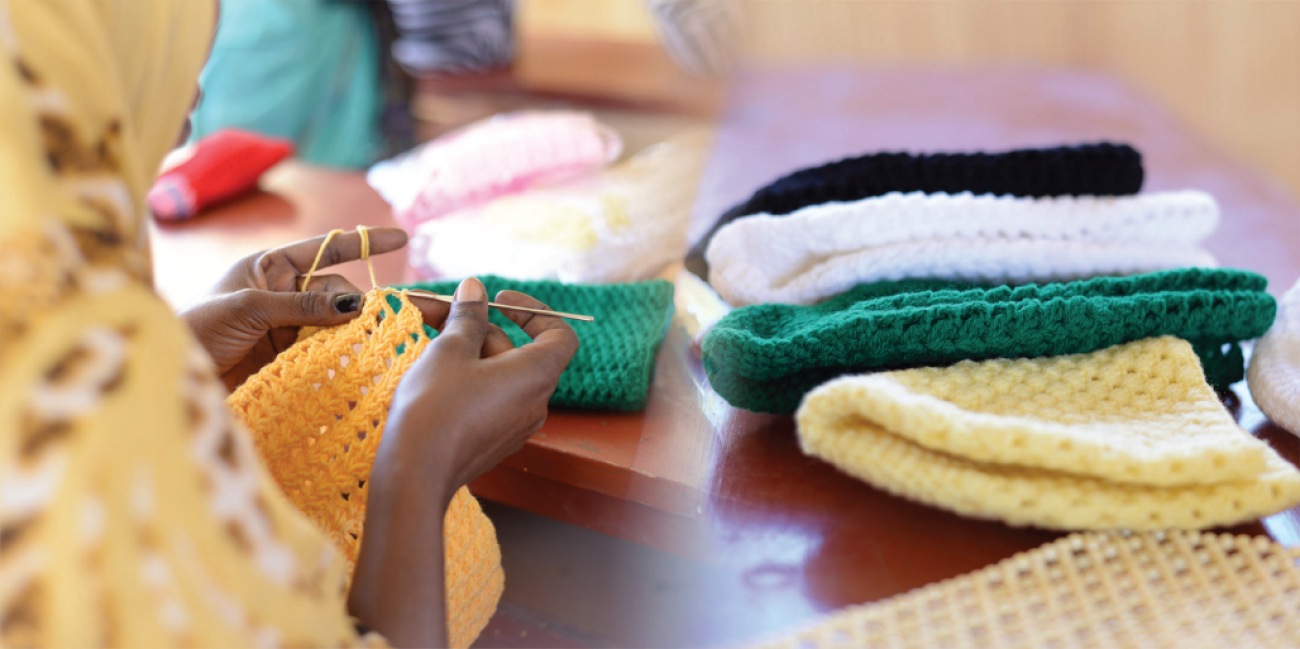Targeting individuals or groups of individuals based on their gender through any acts that result in, or are likely to result in, physical, sexual or psychological harm is what is known as gender-based violence. According to the UN Convention on the Elimination of All Forms of Discrimination against Women (CEDAW), gender-based violence incidents include violent acts such as rape, torture, mutilation, sexual slavery, forced impregnation and murder, and threats of these acts are defined as a form of violence.
One of the major problems facing victims of such violence is experienced after the actual incidents. Besides the psychological trauma, the victims are usually unable to access justice given their lack of financial resources, but are also incapable of finding dignified work that would enable them to sustain their children given the social stigma associated with their tragic past. Many women who suffer such violence are single mothers who become so stigmatized that they cannot feed or maintain their children.
Through its work in rule of law, the UN in Sudan has been working with several non-governmental organizations in the country to empower victims/survivors of gender-based violence to overcome their traumas and to carry on with their lives. Most importantly, also, the UN, in collaboration with national partners, has been working to empower local non-governmental organizations to reach out to victims and enable them to seek legal action against the perpetrators.
So far, the UN supported four local non-governmental organizations mainly in Khartoum to become one-stop shops to provide survivors with legal aid services to present their cases to courts. After settling their claims, the survivors are provided with psychosocial support and counselling to be able to over-come their social stigma and in order for them to be reintegrated into society, providing them with vocational training in sewing, baking, handicraft and other income-generation activities.
“We have seen a real change in the women and girls after they started working on the toys” says Nour Hussein, Founder and Director of the Shamaa Organization, “working on the toys has changed their state of mind. Before they were dormant, now they are more active and goal-oriented.”
In 2016, 86 cases were supported and those survivors are now provided with productive skills to stand on their own feet. Most importantly and beyond providing them with skills to be productive, one of the non-governmental organizations that provides legal aid services represented those 86 cases before different stages in court, which would have been impossible with the previous means of those survivors.
The Shamaa Organization hosts a shelter for single mothers in Khartoum, the only one of its kind in Sudan, providing support to those women who are in a legally and socially precarious situation.
“From our experience we can see that economic empowerment is not just about money, but about building social capital, hope and a sense of ownership and planning. This is especially true of the vulnerable women that we work with.” says Nahid Jabralla, founder and director of SEEMA, a non-governmental organization working with victims and survivors of gender-based violence in Khartoum. “Making a product that is competitive in the market and that someone will actually buy is a huge boost for their self-confidence.”


